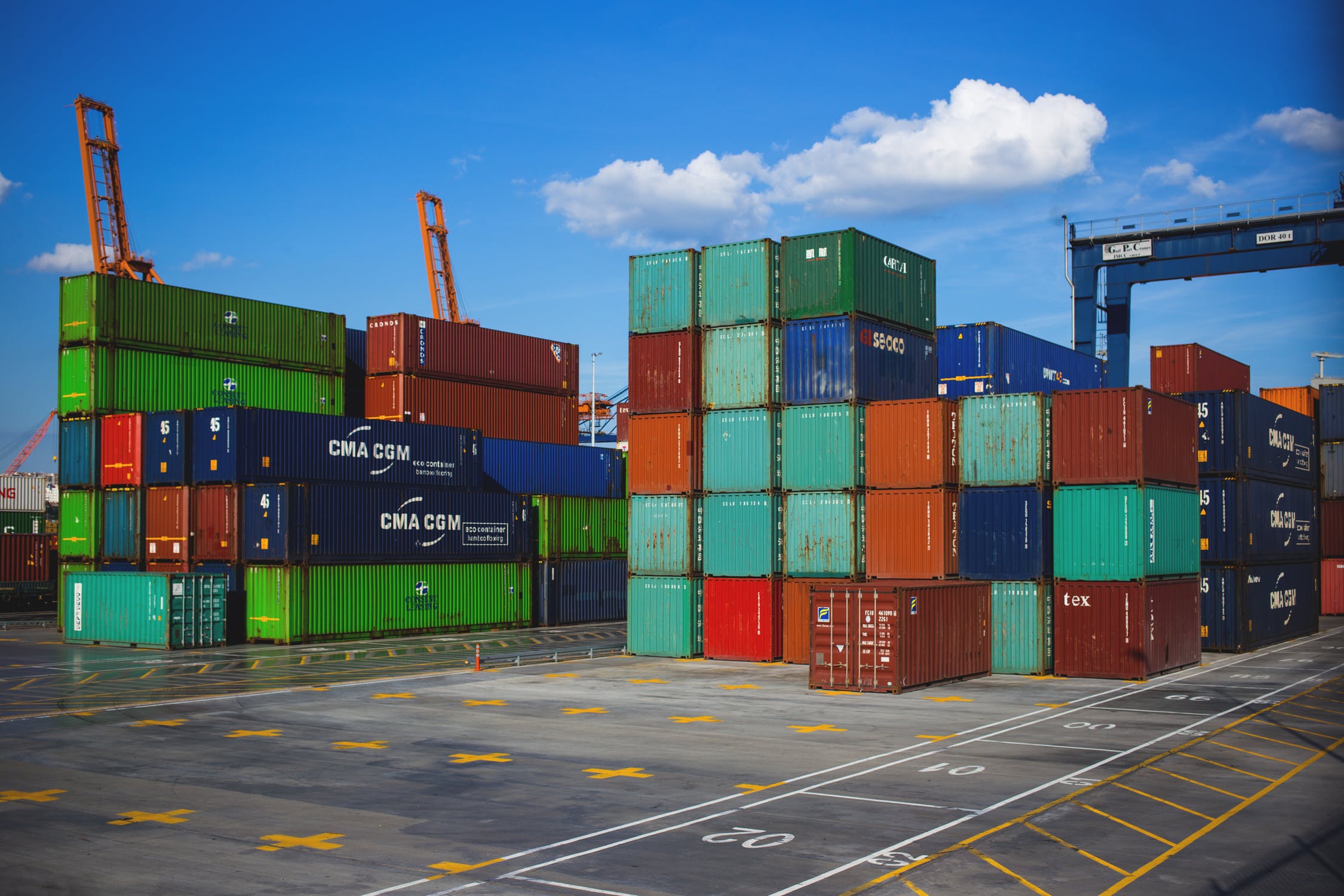As people shift to digital shopping, opening an e-commerce store that caters to cross-border selling is a sound business decision. This is also supported by the fact that merchants’ feedback on cross-border selling is growing at a fast pace. As a consequence, global industry players also grow more confident in selling their products internationally.
With that being said, issues may arise that can sabotage your business’s success. Here are some international shipping issues that may come up and how you can address them.
Surprise Shipping Costs
Couriers, especially those shipping to the UK from the US, usually have simpler pricing schemes where consignors just pay the shipping cost. Some couriers offer more reliable and faster delivery services, but with complex pricing schemes.
If you’re an e-commerce store looking for a cheaper and more convenient way of shipping to the UK from US, it’s a good practice to familiarize yourself with the different surcharges to avoid feeling shocked the moment you receive your shipping bill. Familiarizing the different charges can also help you allocate a sufficient budget for your overhead expenses, thus avoiding financial constraints from unforeseen business expenditures.
Unavoidable Surcharges
While the shipping costs are usually based on the weight, destination, and the size of the package, there are unavoidable surcharges that a shipper must pay. Examples of these surcharges are the following:
- Surcharge on Fuel: This is determined by calculating the shipping cost percentage. The amount of fuel surcharge varies monthly or weekly, depending on the origin or destination country. Also, the fuel price will be factored in, so this will significantly impact the surcharge amount.
- Extended/Remote Area Surcharge: This kind of surcharge is usually applicable to consignor addresses that are quite far or out of the way of normal package collection and delivery path.
If the courier will go out of the ordinary path to accommodate a delivery job, it’s logical that an additional charge may be applicable.
In this case, it’s best to inform the customer or the package consignor that they might need to pay an extra amount for the shipping fee due to their location. This is to set proper expectations and help you avoid shouldering a certain part of the delivery cost.
To avoid paying surcharges, consider the following tips:
- For failed deliveries, inform your customer ahead of time that the courier will charge extra for the re-attempts on delivery, return fees, and address corrections.
- Make sure that at check out, your customers provide the correct and valid address information.
Shipment Stuck In Customs
To move your packages out of customs, review the following:
- Check with the courier: Some premium courier companies are also custom brokers, so in this case, they can help you clear the shipment out.
- Check for outstanding unpaid taxes: If you haven’t paid the duties for your shipment, pay it immediately.
- Check for incorrect or missing paperwork: Provide the necessary paperwork, corrections, and package details so that customs officials can seamlessly process the shipment.
Shipping your goods from another country can be tasking. If you don’t do it properly, it can create delays, frustrations, and financial loss. To avoid falling into these problems, tie-up with a reliable and trustworthy shipping company.
They are well versed with the ins and outs of international shipping, so you don’t have to go through the stress and worry. You can go through your day with ease and wait for your package to arrive.

